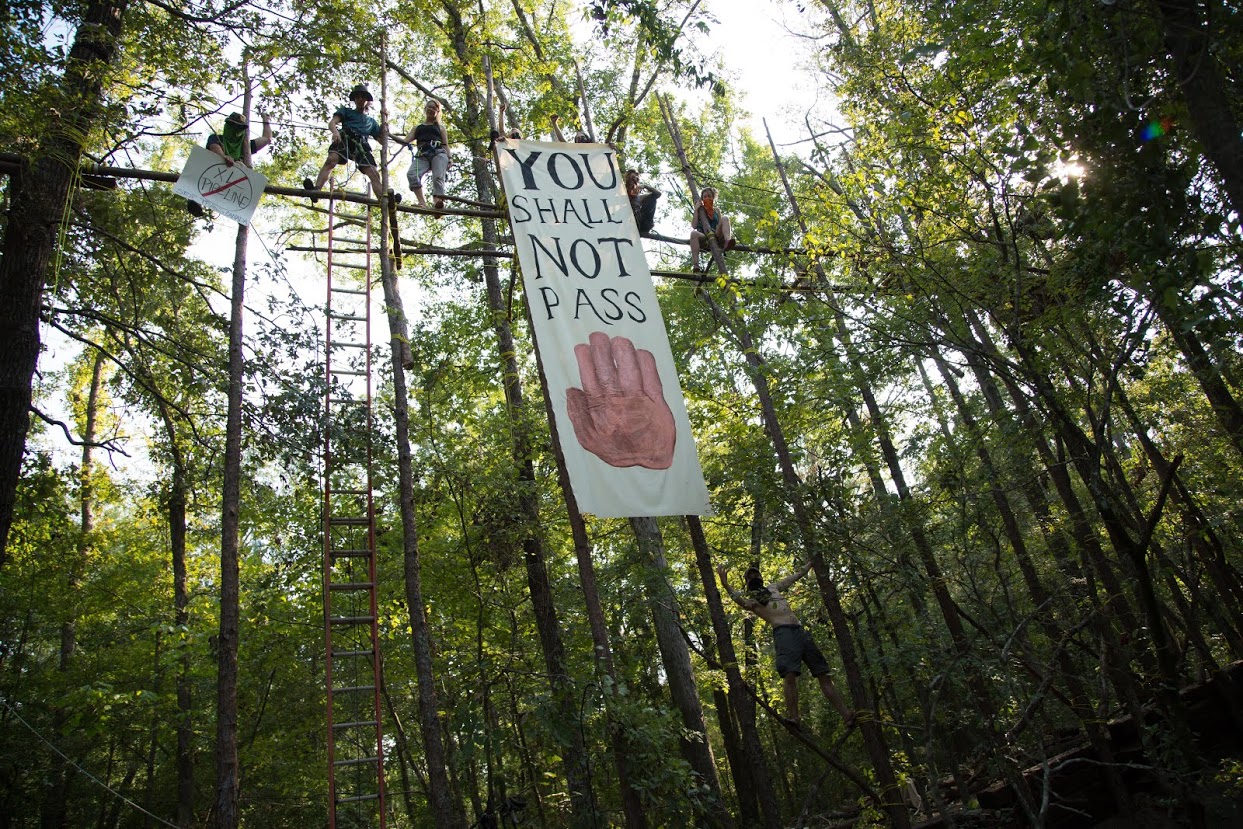Extreme Rituals
Animal activists regularly employ extreme protest rituals in hopes of soliciting empathy and support from audiences. Activists may engage in dangerous tree-sits. They may brand one another with hot irons as if they were cows. Similarly, they even reenact painful medical experiments or sexual violence against other animals.
Social psychological research supports the effectiveness of this tactic. For instance, one study finds that individuals who observed extreme religious rituals donated more. Examples of triggering rituals include undergoing multiple piercings, carrying heavy loads, self-flaggilation, or barefoot pilgrimages. Apparently, witnessing this suffering encouraged them to identify with the practitioner. They felt more generous as a result. The pain that observers perceived practitioners experiencing was highly motivating.
In For the Wild: Ritual and Commitment in Radical Eco-Activism (2017), Sarah Pike’s sociological research finds that protest rituals do not just cue prosociality among audiences. They also do so within activist communities. Extreme rituals heighten emotions and elicit solidarity. Extreme rituals draw attention to the vulnerability of activists and those for whom they advocate.
Minding Gender
Although extreme rituals have the power to trigger prosocial behavior among audiences and activist groups, the fact that women predominate in vegan activism is cause for some concern. Women are disproportionately utilized in graphic public protests (Wrenn 2013). This has the potential to aggravate gendered mental schemas that link violence, suffering, and femininity. Worse still, the Nonhuman Animal rights movement frequently sexualizes women’s suffering.
Research finds that audiences recognize the sexist component to these campaigns. Consequently, they are less likely to find the vegan message persuasive.
For the Vegan Toolkit
- Extreme protest rituals may trigger prosocial behaviors such as donating
- They also encourage group solidarity
- Extreme rituals that exploit women may repel audiences
References
Pike, S. 2017. For the Wild: Ritual and Commitment in Radical Eco-Activism. Oakland, CA: University of California Press.
Wrenn, C. L. 2013. “The Role of Professionalization Regarding Female Exploitation in the Nonhuman Animal Rights Movement.” Journal of Gender Studies 24 (2): 131-146.
Xygalatas, D., P. Mitkidis, R. Fischer, P. Reddish, J. Skewes, A. Geertz, A. Roepstorff, and J. Bulbulia. 2012. “Extreme Rituals Promote Prosociality.” Psychological Science 24 (8): 1602-1605.

Readers can learn more about the social psychology of veganism in my 2016 publication, A Rational Approach to Animal Rights.

